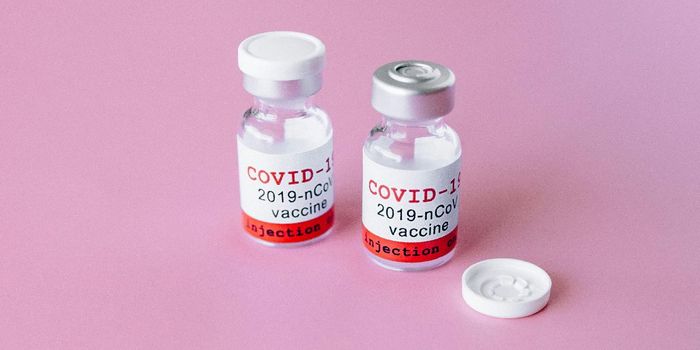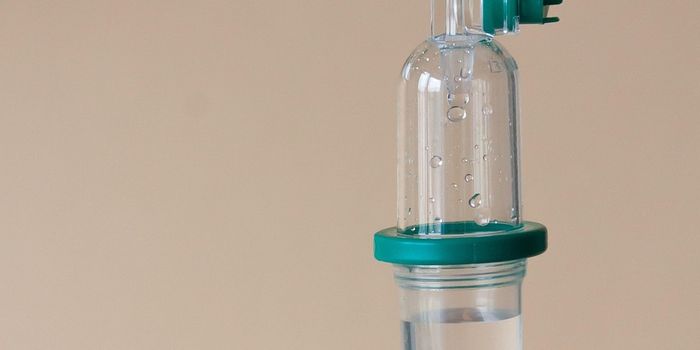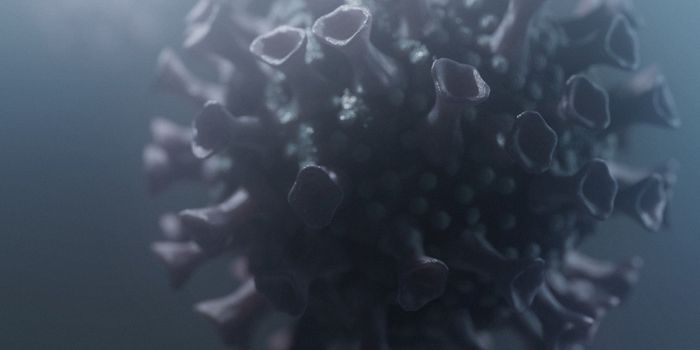The "Unexpected" Reason Why COVID Antivirals Don't Work
Purdue University researchers have made a breakthrough finding that could explain why the disease is so hard to manage therapeutically. In what was described as a surprising discovery, they found that a specific immune pathway activated in the lung tissue during COVID infection contributes to hyper-inflammation in severe cases, rendering standard antivirals ineffective.
Since the beginning of the pandemic, scientists have been scrambling to identify antiviral drugs to treat COVID patients with severe and life-threatening symptoms. Unfortunately, until now, this search has dug up very few viable options. Antivirals such as Remdesivir and Ruxolitinib are notoriously ineffective at treating COVID patients.
To understand why these drugs fall short, Purdue University computer science expert Majid Kazemian and colleagues took a closer look at the gene expression fingerprints left by SARS-CoV-2 infections. The team made the unexpected observation that small immune proteins, typically synthesized by the liver, were being produced in the fine structures of the lung known as alveoli. These proteins, part of the immune complement system, normally help the antibodies combat infectious pathogens.
“We observed that SARS-CoV2 infection of these lung cells causes expression of an activated complement system in an unprecedented way,” explained Kazemian.
“This was completely unexpected to us because we were not thinking about activation of this system inside the cells, or at least not lung cells. We typically think of the complement source as the liver.”
However, instead of protecting against the coronavirus, complement activation in the lung triggers uncontrolled and detrimental tissue hyper-inflammation, a trademark symptom of severe COVID-19.
These findings provide evidence for why targeting inflammation outside the lungs has been disappointing so far. Instead, a more targeted approach that inhibits the expression and activation of complement proteins in lung cells could yield better results. For example, the researchers found that pairing Remdesivir with Ruxolitinib inhibited the complement response much more effectively than a monotherapy of the drugs independently, using an in vitro model of alveolar cells.
Despite the promising preliminary data, follow-up experiments are needed to determine whether such drug combos would work well in patients.
Sources: Science Immunology, Purdue University.









